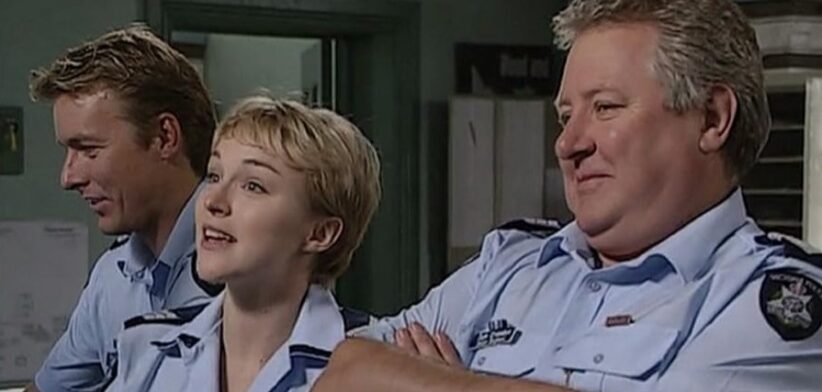Australian stories are disappearing from Aussie screens, with a QUT study finding local television drama hours dropped by 55 percent over the past two decades.
The report found that current “Australian” dramas were increasingly not stories specific to Australia, but were simply programs set here.
QUT researcher Professor Anna Potter said the findings of the four-year study showed that although Federal Government investment in TV drama was increasing, Australians were receiving falling value in return.
“Australian television drama hours have dropped 55 per cent since their early 2000s peak and the drama that is made is letting down the community thanks to inadequate government policies,” Professor Potter said.
“Australians once enjoyed freely available, long running series like Blue Heelers (Seven Network, 1994-2006), Water Rats (Nine Network, 1996-2001), and Offspring (Network Ten, 2010-17), as well as mini-series such as All the Rivers Run (Seven Network, 1983), The Dismissal (Network Ten, 1983), and Howzat! Kerry Packer’s War (Nine Network, 2012),” she said.
Co-author Professor Amanda Lotz said this was no longer the case and that Australian dramas now being shown were increasingly not stories specific to Australia.
“There is also growing Federal support for productions commissioned by multi-territory streamers like Netflix for global audiences. These dramas may be set here, but rarely engage with Australian social and cultural themes in any meaningful way,” Professor Lotz said.
“Such services are focussed on maintaining international subscriptions and are not concerned with returning value to Australians in exchange for the funds and tax offsets they receive.”
Professor Potter said fit-for-purpose policy based on impartial sector expertise was needed in response to the profound disruption digital technologies brought to Australian television.
The report Australian Television Drama’s Uncertain Future: How Cultural Policy is Failing Australians, found that diminished drama offerings from commercial broadcaster accounted for most of the decline.
Report researcher Professor Kevin Sanson said commercial broadcasters Seven, Nine and Ten had, in the past, competed by commissioning hundreds of hours of drama to attract Australian viewers.
“This allowed policy including content quotas to deliver economic and cultural outcomes,” Professor Sanson said.
“With less drama now funded by commercial broadcasters, its cost is increasingly being subsidised by Australians through tax rebates to the production sector.
“The government is now one of the most important investors in Australian drama, but few guarantees exist that the tax revenue foregone is generating benefits for the Australian community.”









